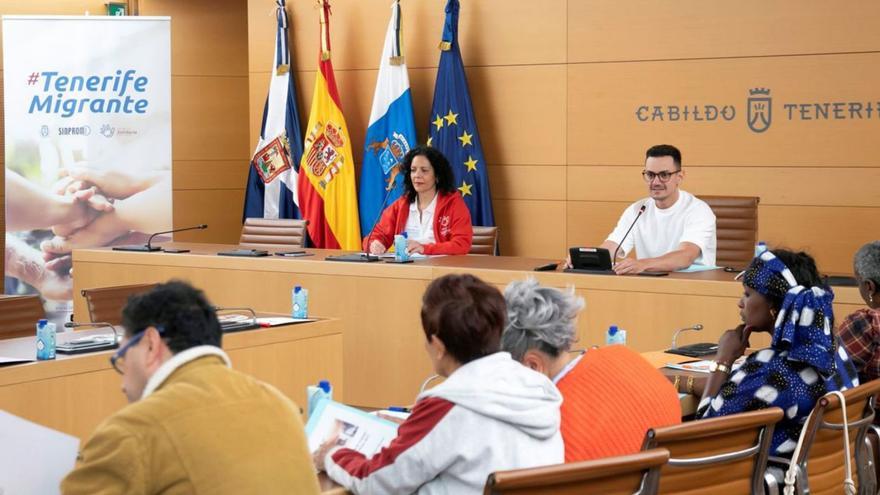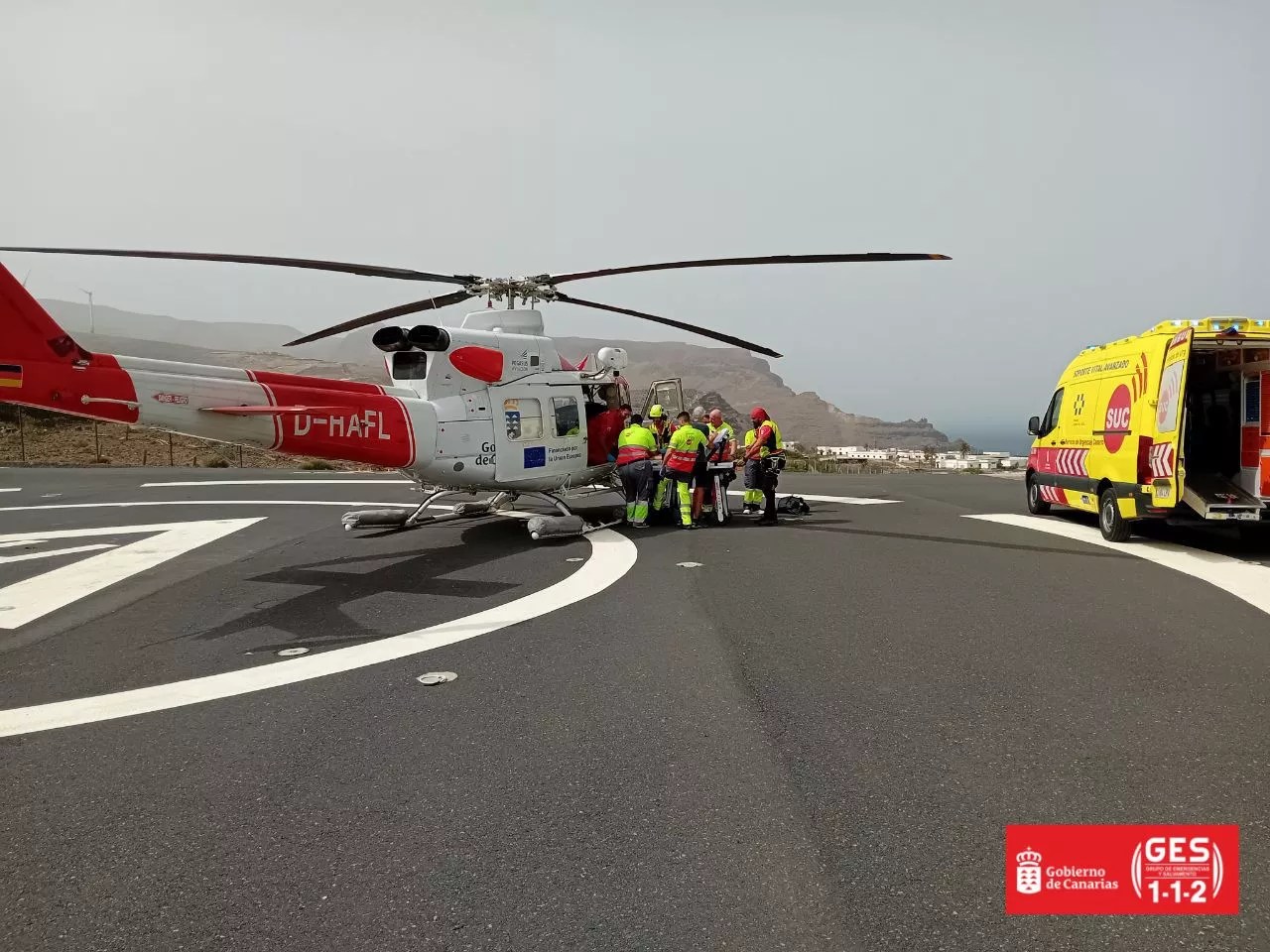
The Migrant Assistance Service (SAM) of Tenerife During the first half of the year, it carried out 360 advice and guidance actions aimed at both individuals and groups. Specifically, 228 to voluntary organizations, 122 to individuals and 10 to public administrations. The entities transferred 245 demands to the SAM, mainly linked to the coverage of basic needs and the request for legal advice and training.
The delegate island councilor for Citizen Participation and Diversity, Nauzet Gugliotta, presents the six-monthly report of a tool that aims to improve the quality of life of the group, to which 108 entities have already joined for solidarity work in the island network. With them, Gugliotta details, “we work to develop a catalog of care services that favor the social integration of migrants.” The SAM was launched last year, as a result of a proposal by the Sí Podemos group, which had the support of all the Cabildo formations.
Gugliotta points out that “numerous residents in Spain have contacted the Service to show their interest in helping and welcoming Ukrainians in the face of the war in their country.” In fact, a specific section has been created on the MBRS website to inform and disseminate these initiatives.
The report details the 68 visits carried out to voluntary entities and organizations, linked to the care of migrants, to learn first-hand about services, resources and action policies. “We will continue with this round of contacts to plan the help lines of the Cabildo for these groups,” the island official abounds.
The semi-annual balance document concludes that most of the people served are between 36 and 45 years old; then those from 46 to 55. Of these, 56% are women and 44% men, from European, Latin American and African countries. The largest segment of care is concentrated in the metropolitan area, with 51% of the total, followed by the South (30%) and the North (19%).
Nauzet Gugliotta emphasizes that “these data help us to know the situation and main demands of the migrant group to plan care services as closely as possible to their needs.”
The counselor explains that, in terms of training, during the second semester a basic level Spanish course will be launched for migrants, and two foreign internships, one for them and the other for the entities attached to the Tenerife Island program Solidarity. In addition, in this first semester, eleven migrants carried out a basic volunteer management workshop.
The report also breaks down the activity carried out by the Migrant Assistance Service throughout the year in terms of meetings, work groups and dissemination campaigns. For the island councilor, the balance is “very positive, both for the variety of services provided, and for the forums developed.” Gugliotta values the participation, involvement and collaboration of voluntary entities, institutions and associations to assist the migrant group.
















